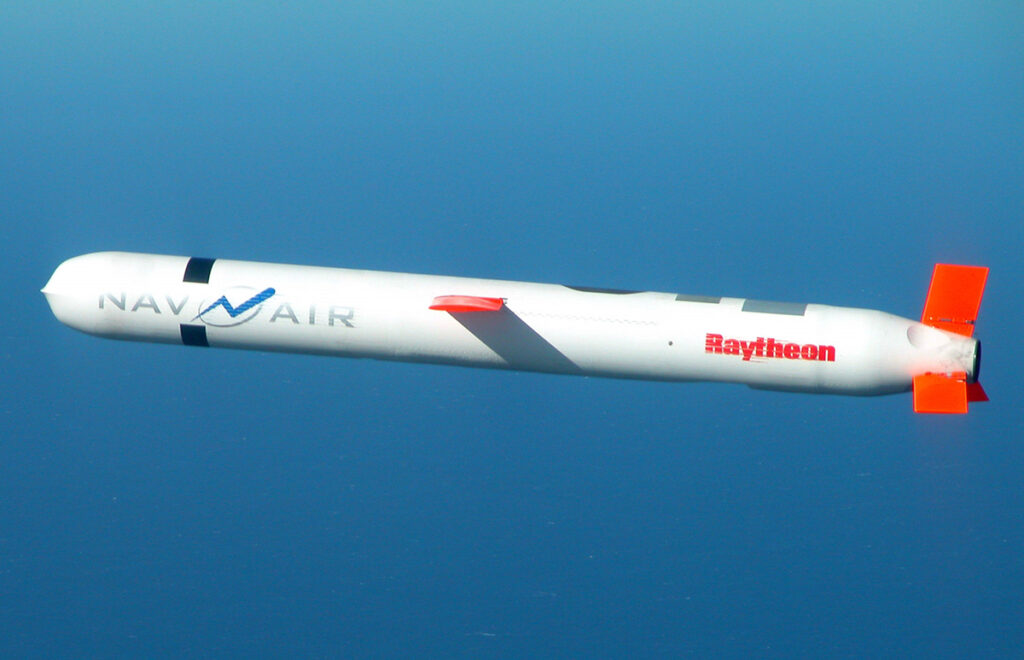
Tomahawk Block IV cruise missile during a flight test (US Navy)
In a significant move reinforcing its strategic alliances in the Indo-Pacific region, the United States has taken a step forward in defense cooperation with Japan. On November 17, 2023, the State Department sanctioned a landmark arms deal, green-lighting the potential sale of Tomahawk cruise missiles to Japan, amounting to an estimated $2.35 billion. This decision marks a pivotal moment in U.S.-Japan relations, reflecting shared commitments to regional stability and mutual defense capabilities.
Details of the Deal: Enhancing Japan’s Defense Arsenal
Under the proposed agreement, Japan seeks to procure an arsenal of 400 Tomahawk missiles, comprising both Block IV and Block V variants. These precision-guided munitions are renowned for their long-range capabilities, enabling Japan to significantly bolster its surface-to-surface missile strength. The package also includes fourteen Tactical Tomahawk Weapon Control Systems, along with a comprehensive suite of support and maintenance services. This includes training, software and hardware support, feasibility studies, and other logistical elements vital for the operational readiness of these systems.
Strategic Implications: A Leap in Japan’s Defensive Prowess
The acquisition of these Tomahawk missiles is more than just a purchase; it’s a strategic augmentation of Japan’s military capabilities. These missiles, with their long standoff range, provide Japan with a robust tool to counter evolving threats in the region. Integrating these systems into its existing defense framework will be seamless for Japan, given its advanced technological base and established military infrastructure.
Balancing Power Dynamics: No Shift in Regional Military Equilibrium
An important aspect of this deal is its alignment with the broader strategic landscape of the Indo-Pacific. The U.S. asserts that this sale will not disrupt the regional military balance. Instead, it aims to fortify an ally’s defense, thereby contributing to the overall stability and security of the area. It underscores the United States’ commitment to the defense of its allies while maintaining a balance of power in the region.
Contractual Facets and Economic Impact
The prime contractor for this deal is Raytheon, based in Tucson, Arizona. This agreement doesn’t include any offset agreements, which are often used to balance trade. The implementation of this sale will be managed without necessitating any additional U.S. personnel in Japan.
This arms deal reflects a continued partnership between Japan and the United States, highlighting the role of defense and diplomacy in promoting regional stability in the Indo-Pacific. The transaction, while significant, is part of a broader network of international relations and defense collaborations. It contributes to the stability of the region by enhancing Japan’s defensive capabilities and underscores the importance of cooperative security arrangements.
Advancing Regional Security
The proposed $2.35 billion Tomahawk missile sale to Japan represents an important development in the ongoing U.S.-Japan alliance. This agreement not only bolsters Japan’s defense infrastructure but also plays a role in the broader context of regional security in the Indo-Pacific. This deal, while important, is one among many international efforts aimed at maintaining stability and demonstrates the value of strategic partnerships in global defense and diplomatic efforts.








